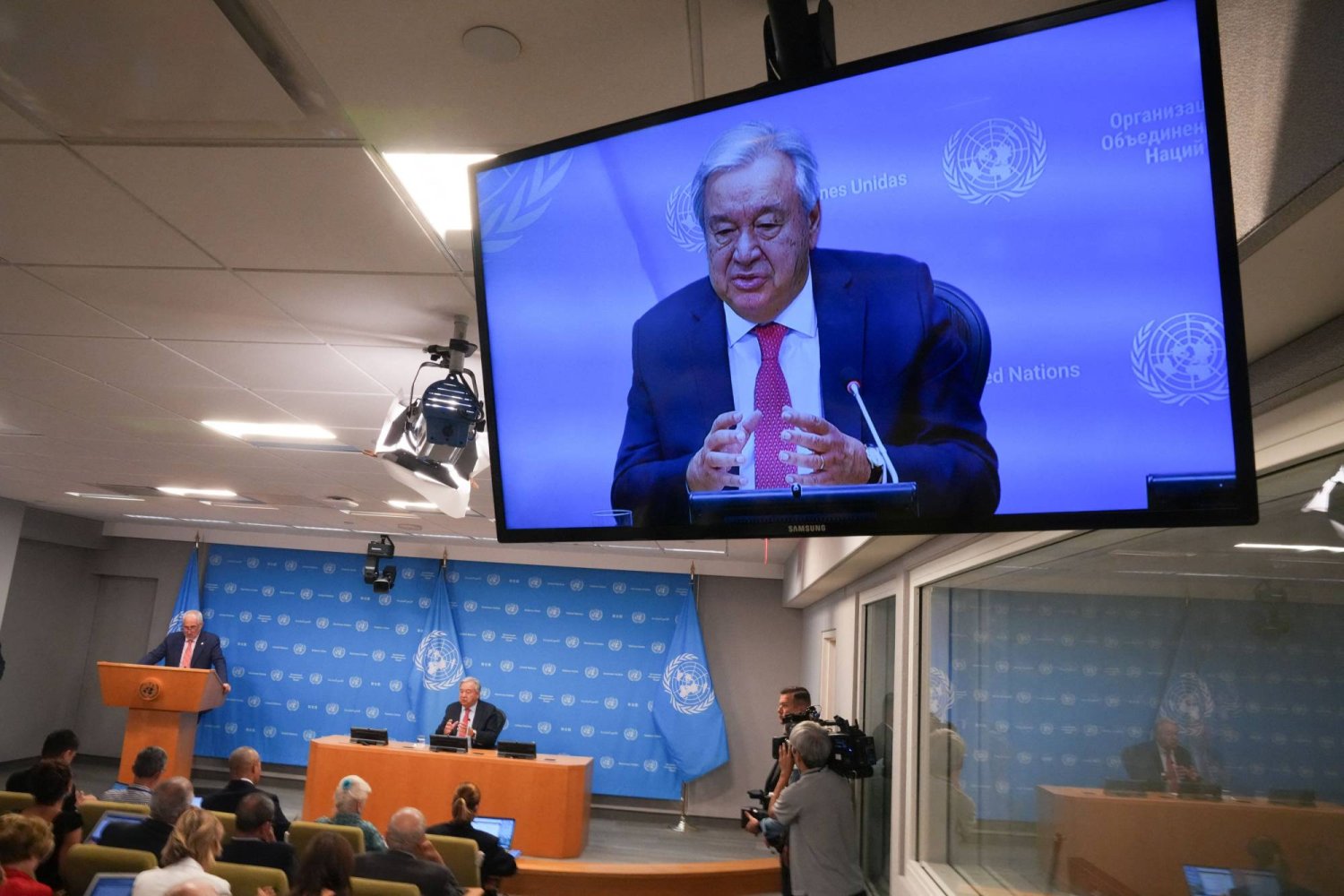Global leaders are convening in New York for the “Summit of the Future,” a pivotal event aimed at addressing pressing global challenges, including conflict and climate change. This summit, proposed by UN Secretary-General Antonio Guterres, is seen as a “once-in-a-generation opportunity” to enhance international cooperation.
Pact for the Future
Kabul 24: As part of the summit, leaders are expected to adopt a “Pact for the Future,” which outlines 56 actions to strengthen multilateralism and uphold the UN Charter. The pact emphasizes commitments to combat climate change, reform international financial institutions, and guide artificial intelligence development.
Skepticism and Criticism
Despite its ambitious goals, many diplomats express skepticism about the pact’s effectiveness, describing it as “lukewarm” and lacking revolutionary reforms. The negotiations faced challenges, particularly regarding climate commitments, with key phrases being added and removed from drafts.
Call for Action
Guterres urged nations to transform words into action, emphasizing the need for maximum ambition in rebuilding trust between developed and developing nations. Human Rights Watch highlighted the importance of concrete commitments to human rights within the pact.
Non-Binding Nature
While the pact aims to affirm multilateral commitments, its non-binding nature raises concerns about actual implementation. As world leaders gather, the focus remains on how effectively they can translate these commitments into meaningful actions for future generations.







